A Revolution in Science Publishing, or Business As Usual?
"Open access" was supposed to change scientific publishing. Critics worry that the model is being corrupted by big corporate publishing money anyway.

Send us a link
"Open access" was supposed to change scientific publishing. Critics worry that the model is being corrupted by big corporate publishing money anyway.

When we expand our pool of storytellers, we produce work that more fully reflects how science is done - and why it matters.
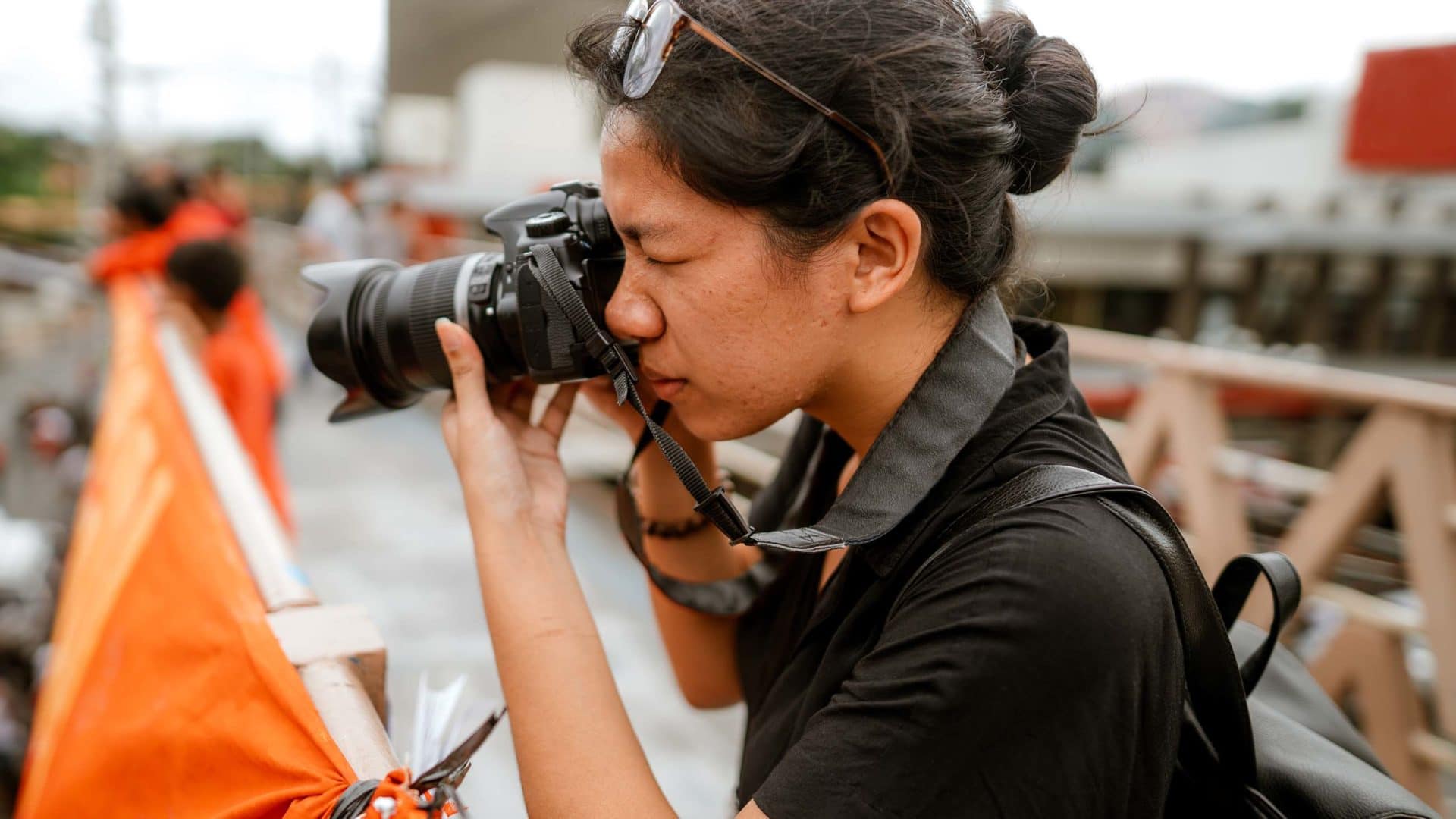
Artificial Intelligence medical tools could help democratize health care - but some worry they could also worsen inequalities.

At turns lauded and vilified, the humble egg is an example of everything wrong with nutrition studies.

In today's ecosystem of online science publications, it can be hard to tell what qualifies as journalism and what doesn't. Does it matter?
Following charges against a female scientist, some faculty at Switzerland's elite universities say the country has a gender equity problem.

Libraries and funding agencies are finally flexing their muscles against journal paywalls. Authors should follow suit.

The newish 'quarterly review of science' sometimes muddies the waters between science and political ideology. It is funded by Peter Thiel.

Data underlying science’s quality control process is revealing worrying trends — and suggestions are pouring in on how to address the concerns.
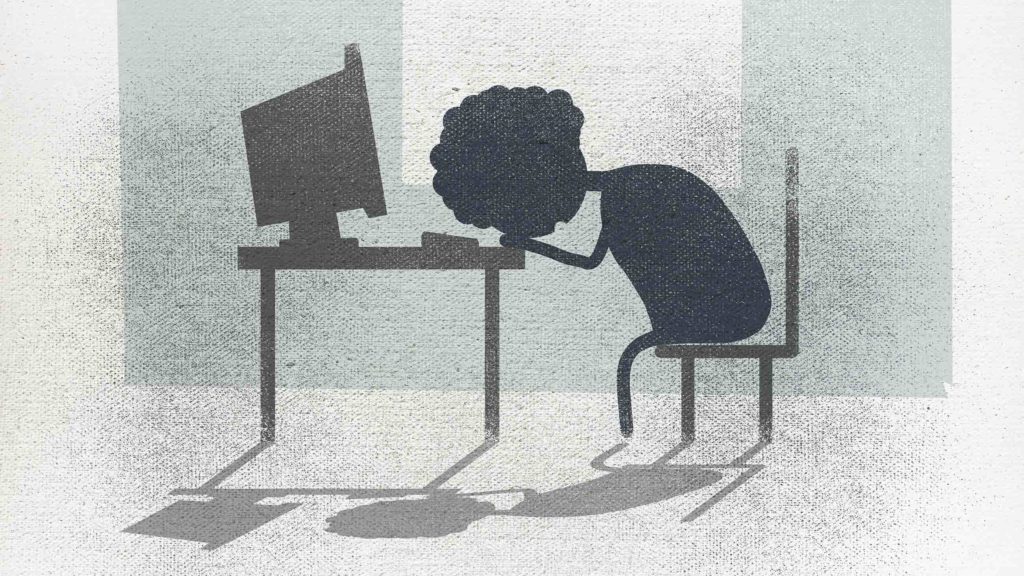
What are researchers to do when they lose confidence in their previously published work? A new project has an answer. Will it help the replication crisis?

Balancing due process with the academic community's right to know is no easy task, but critics say more could be done to weed out bad actors. Many universities halt investigations after an accused scientist departs, leaving future employers blind to the researcher’s history of allegations.

Study finds that countries ranking higher on measures of gender equality tend to have fewer women pursuing a STEM education than those further down the gender equality ranks. The analysis suggests that there are girls with the grades, confidence, and the enjoyment of science to go into STEM, who still end up pursuing other careers. For the numerous organizations dedicated to addressing the problem of women’s underrepresentation in science, solutions are far from clear.
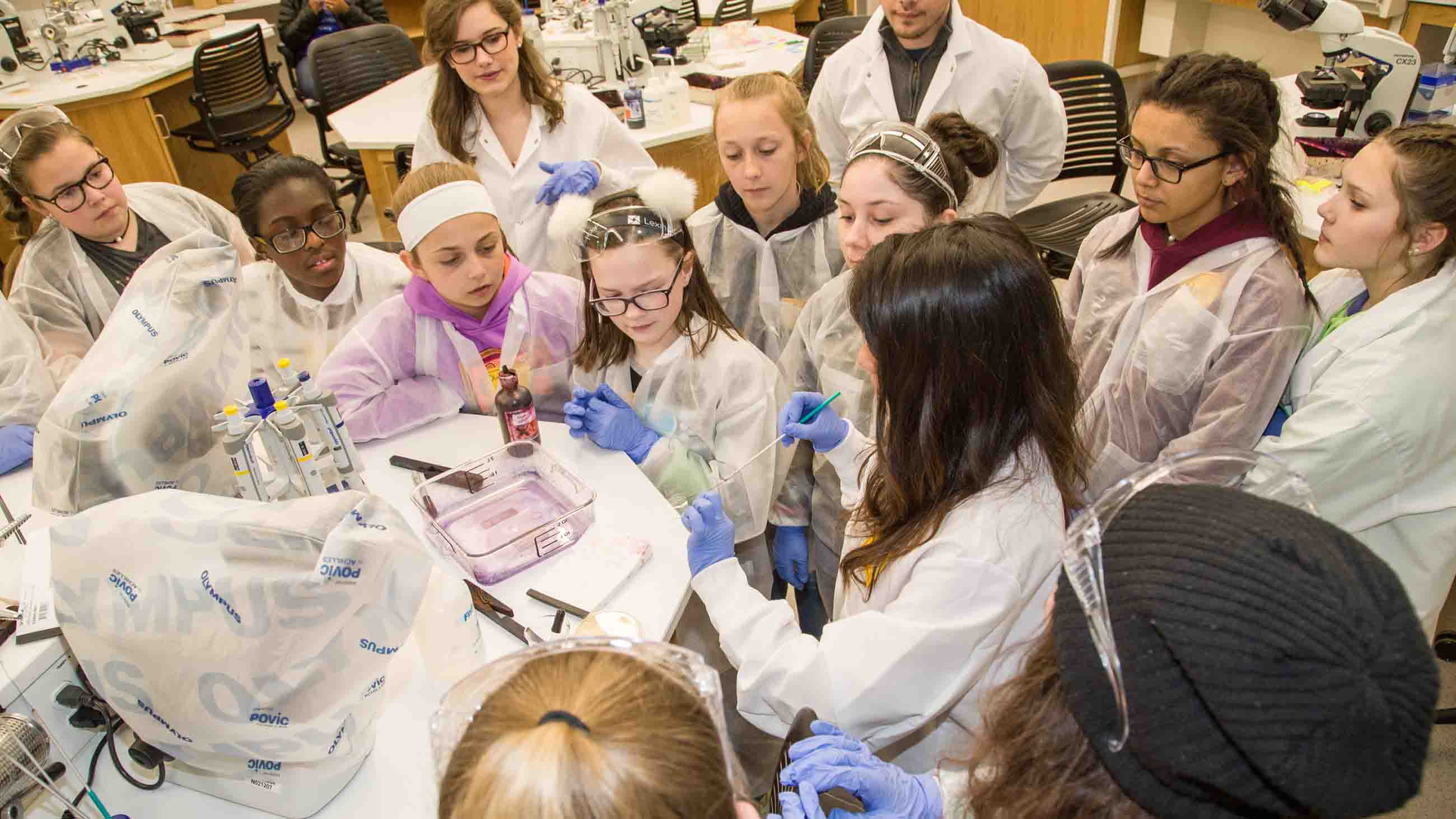
Reproducibility issues pose serious challenges for scientific communities. But what happens when those issues get picked up by political activists? A report from the National Association of Scholars takes on the reproducibility crisis in science. Not everyone views the group’s motives as pure.
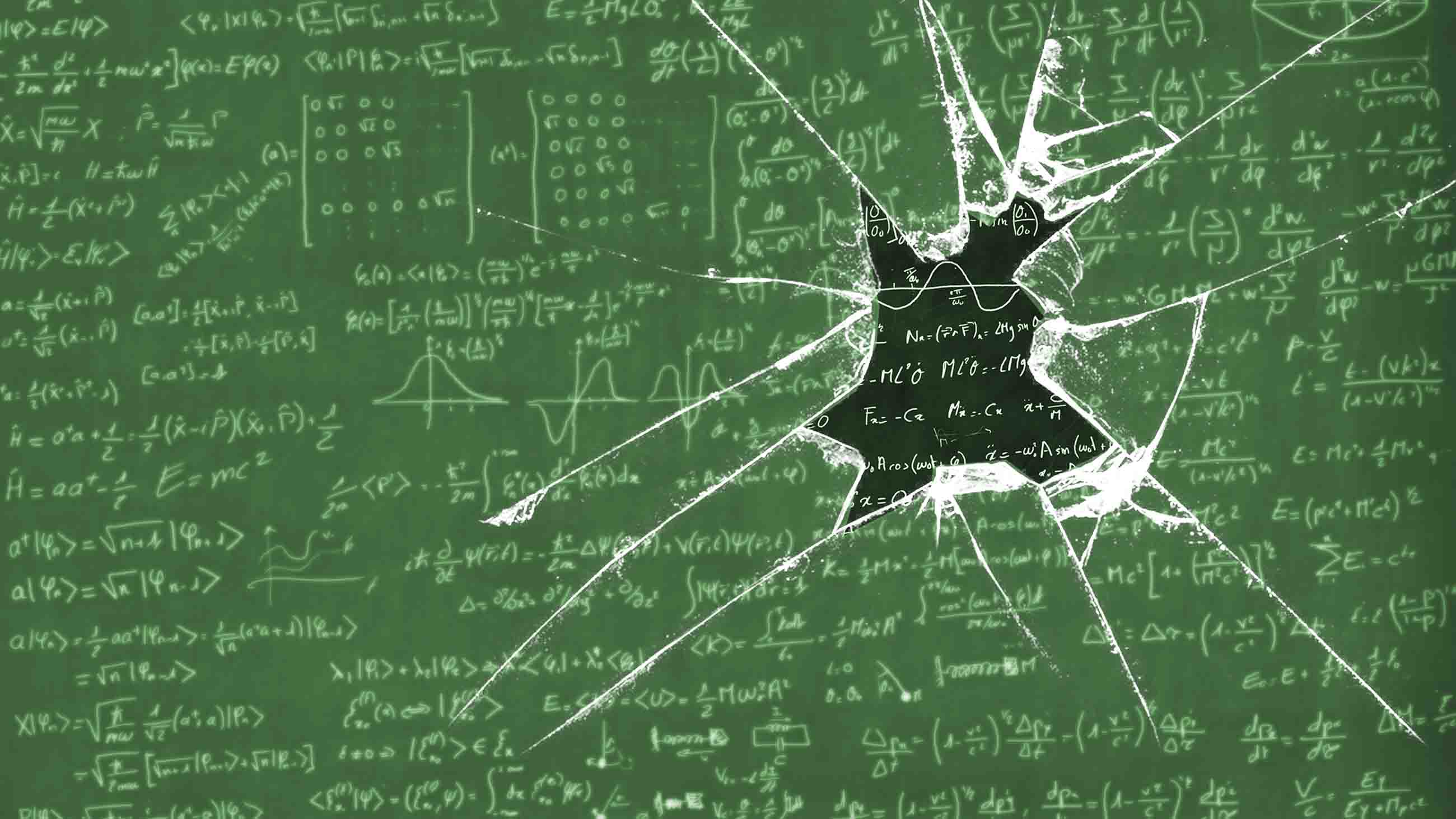
After discovering a pattern of fraudulent papers from China, an Australian oncologist aims to expand her watchdog project and keep the retractions coming.

Without the extension of the program - or a pathway to citizenship - those who know what it’s like to be undocumented say U.S. science could suffer.

Some scientists say they should have the right to review stories in which their work or words are covered prior to publication. Journalists disagree.
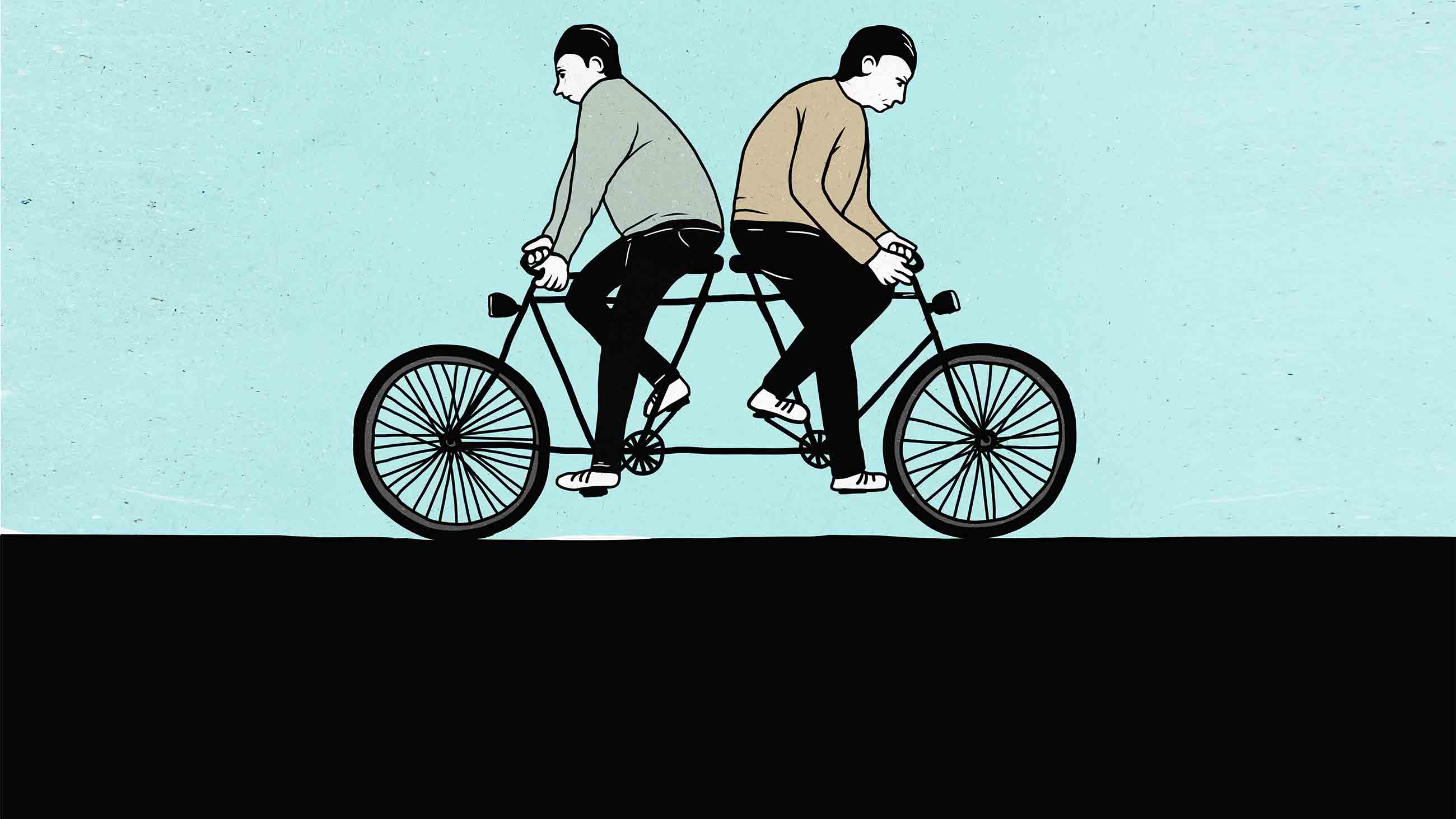
Why is the one federal agency dedicated to revealing the unknown to humankind so difficult for many journalists to penetrate?

Scientists have few direct incentives to replicate other researchers’ work, including precious little funding to do replications. Can that change?
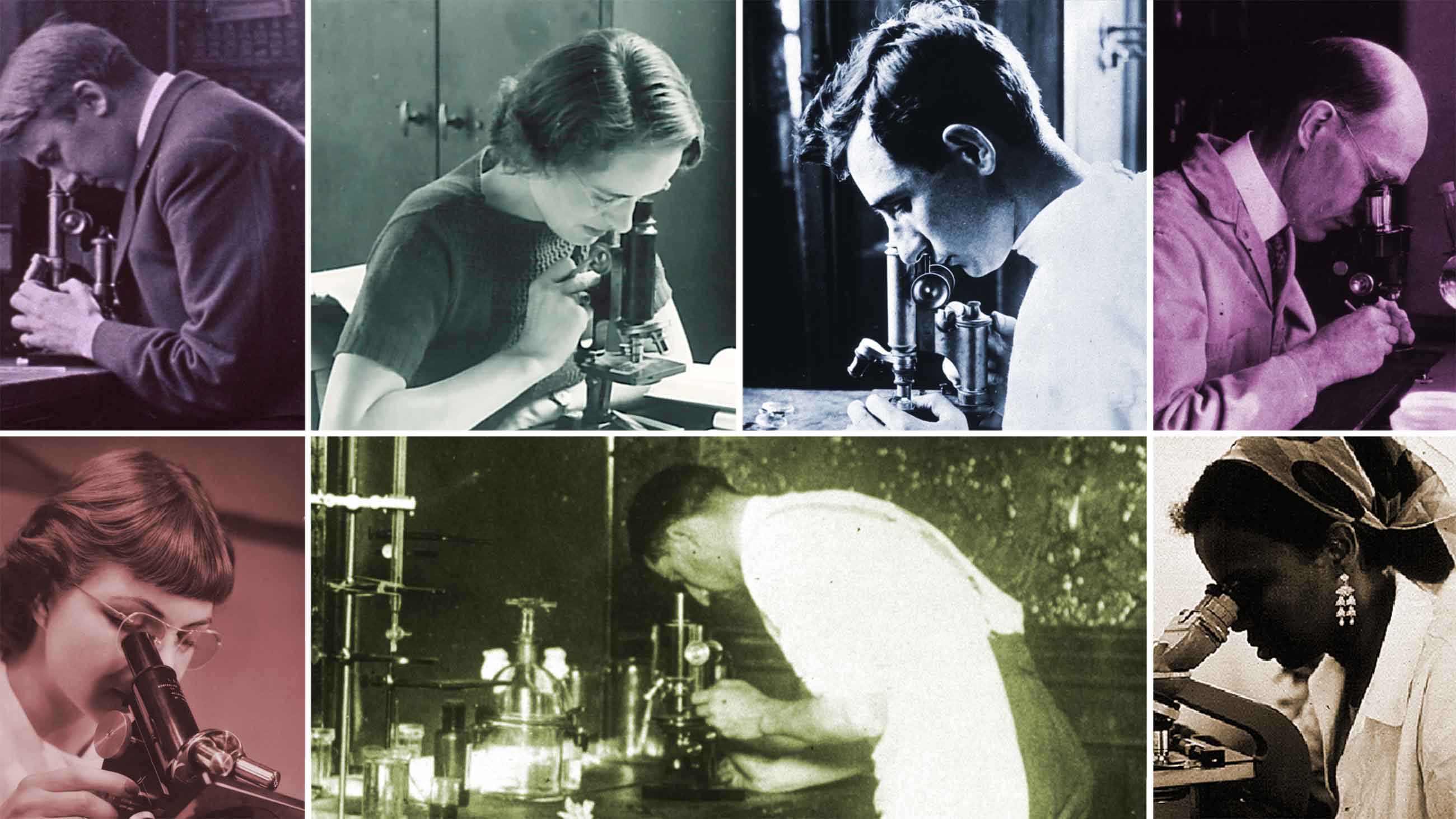
With funding cuts to major science agencies looming, it is now more important than ever for researchers to embrace transparency and data sharing.
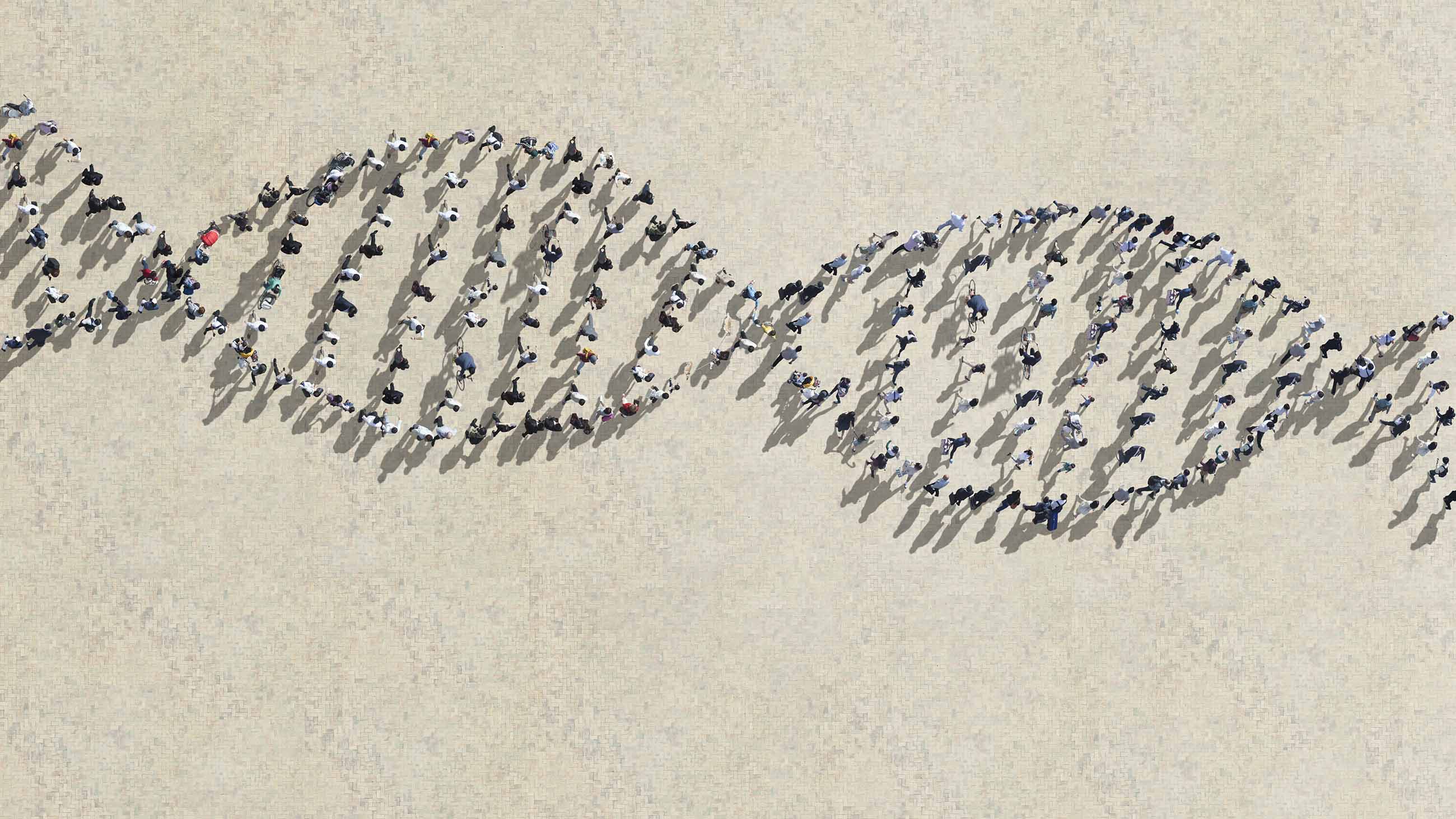
Funding shortfalls at the luxe science magazine have left some contributors waiting months to be paid. They may need to wait a little longer.
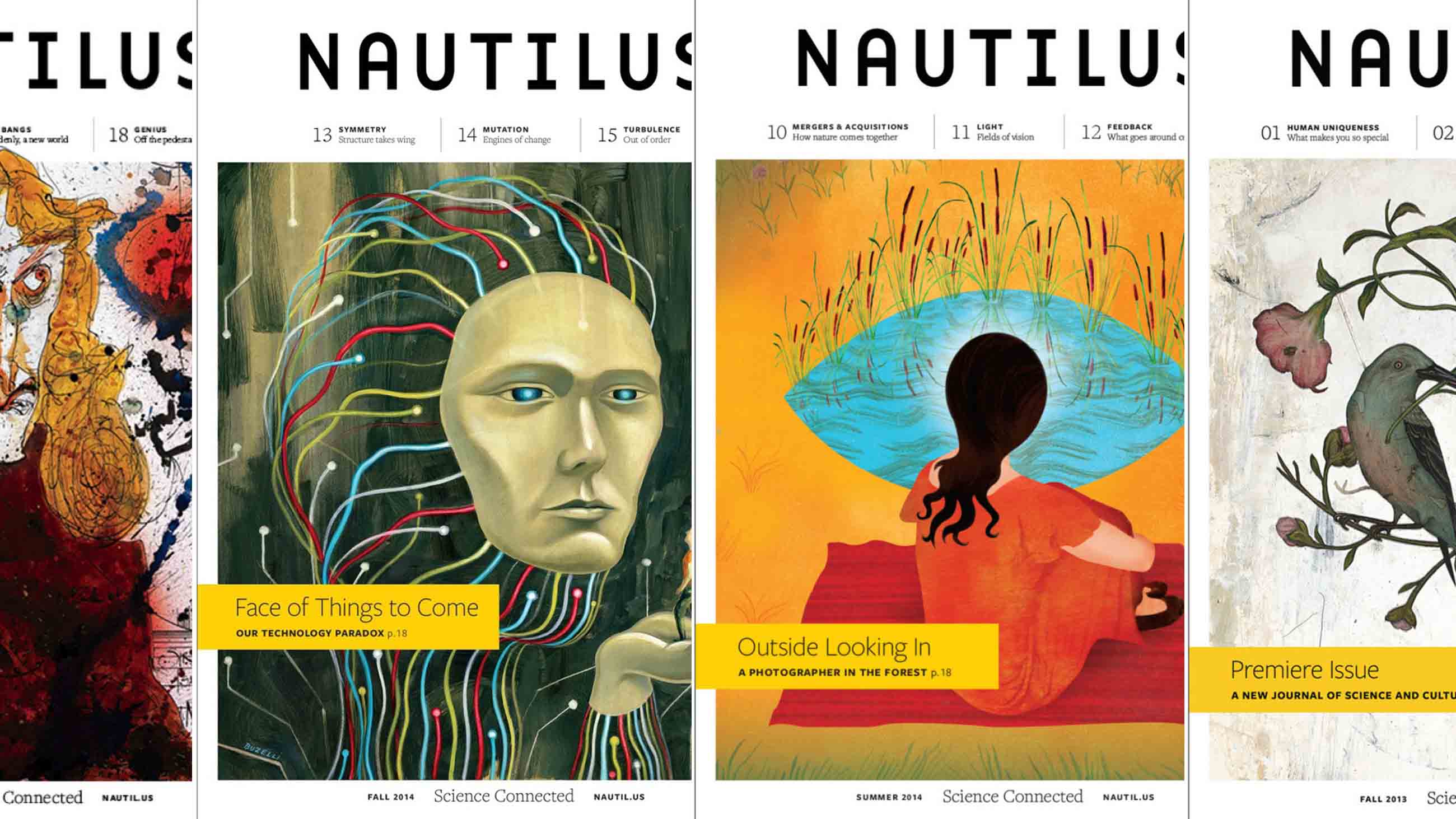
As researchers prepare for the science march, it's worth noting that the flip-side of Trump's anti-science is a sort of alt-science appeasement on the left.

The region's scientists lament that their research is too often disconnected from the larger scientific world. In the age of Zika, that needs to change.

In a sweeping manifesto, researchers from the U.S. and Europe have proposed some fixes for vetting published science. It might help science journalism, too.
